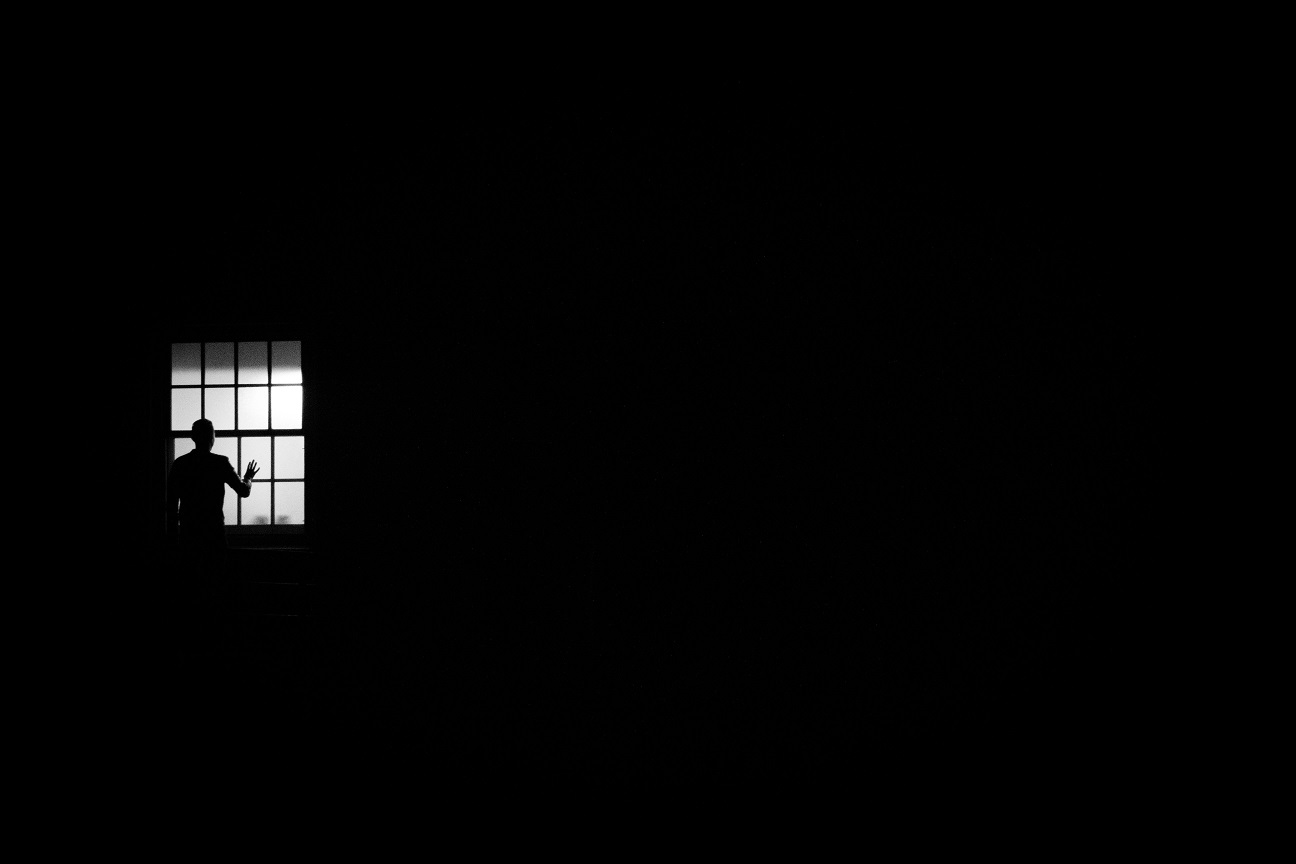Someone I know, let’s call him Wilson (not his real name), once logged on to Rust, an online survival game. He was gathering some in-game resources so that he could restock the toolbox at his base. Over time, as the game progressed and he had interactions with different players, someone posted his full name, occupation and personal details on the global chat, exposed for everyone to see. You see, Wilson had become a victim of doxxing.
Doxxing is the act of searching and publishing personal and identifiable details about an individual on the Internet, usually with malicious intent. It can happen in any part of the Web: social chat rooms, games, blog posts, even YouTube videos.
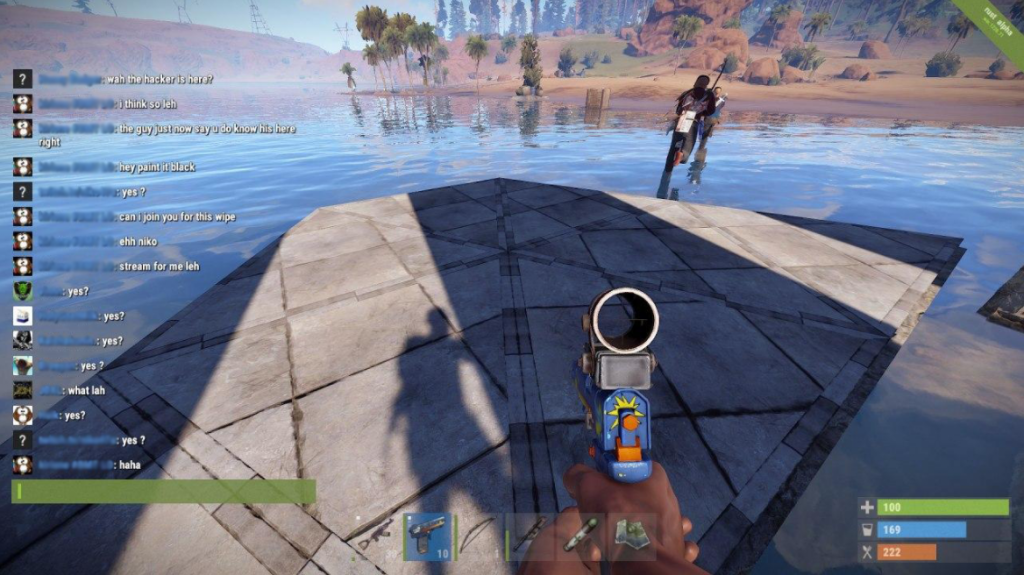
Like any double-edged sword, the Internet has given us many good things: access to information, social media, collaboration and remote work. But it’s also given users the power of anonymity, making it easier for them to dissociate themselves from the harm they might cause.
While the act of doxxing is obvious once we see it, the reasons behind why anyone would do so is not always clear. Most doxxers become empowered when they’re hiding behind a computer screen, so they feel absolved by any guilt from perpetrating the act, be it intentionally or unintentionally.
On 1 January 2020, doxxing was made illegal under the Protection from Harassment Act (POHA). What this means is, if personal information is being shared online with intentions to harass or incite violence, such as publishing someone’s details, or a photograph where his or her face is visible, that’s doxxing. If found guilty, the fine’s up to S$5000 and/or up to 12 months’ jail.
For Wilson, it all started because of an in-game feud. In Rust, he played a character who was “naked and alone on the world’s silliest island”. To survive, his character had to band with others and form clans against other clans. Sometimes, there would be clashes, which can turn brutal.
Wilson’s clan had been rivals with another clan for a few months. They constantly fought and trash-talked, raiding and looting one another. It all seemed like friendly in-game rivalry, until one rival went too far.
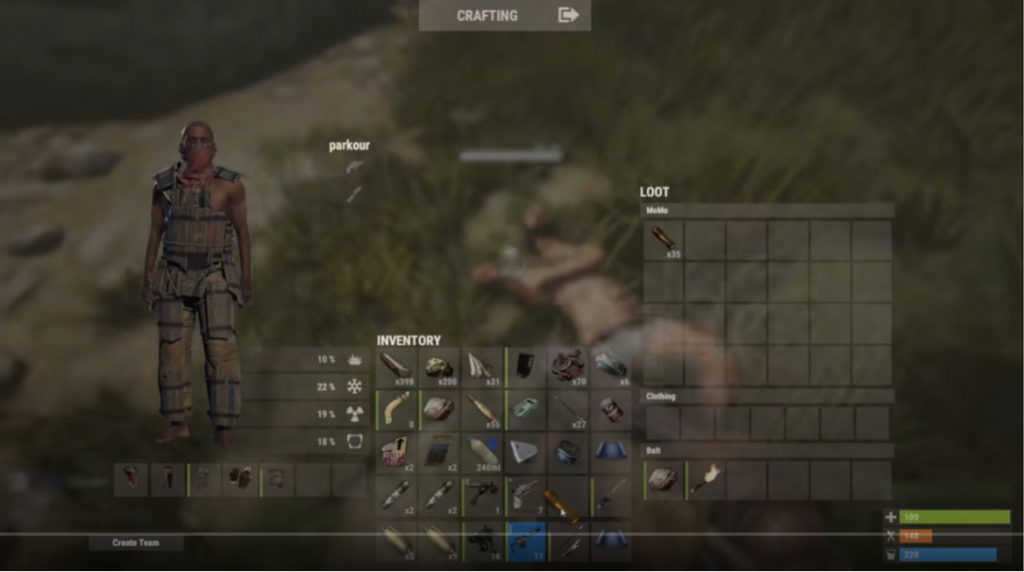
The rival player was fuelled with rage and sought to shame Wilson. Unable to do so in-game, he/she went online, researched and released Wilson’s personal information on the chat channel. “He even threatened to find me in real life,” Wilson said in shock.
Apparently, the rival had scanned Wilson’s gaming profile, found a link to his YouTube channel and with a few more mouse-clicks, discovered Wilson’s Facebook and Instagram accounts.
Of course, Wilson was terrified. Right away, he switched all of his social media accounts into private mode and unlinked them from his gaming profile. At the time, he was working as a relief teacher, and he feared getting harassed while at work. Potentially, it could mean losing his job.
As a form of cyberbullying, doxxing can lead to increased emotional distress and decreased self-esteem for the one being doxxed. Victims’ reactions vary by individual and circumstance.
Like Wilson, if you’re a victim of doxxing, when you see personal and private information about yourself being displayed to the public, it can induce a sense of helplessness, sadness, or anger. It may even lead to psychiatric issues like anxiety and depression.
But getting doxxed is often just the beginning. What comes next may be more dangerous—once your private information is known to the general public, your life, the lives of people you love and the community where you live, may be upturned because of it.
Take another example outside of gaming: a BMW driver was filmed arguing with an elderly petrol kiosk pump attendant. Morality aside, right after personal information about the driver and his family was published, he was bombarded by spam calls and messages. Fearing for his son’s safety, he had to lodge a police report.
Here’s another one. Last year, a video of a condo resident verbally harassing a security guard went viral. After watching the video, doxxers dug out his personal information online, including his LinkedIn profile and spread it around. Some even wrote in to his company, JP Morgan, and urged the company to fire him.
“I wanted revenge,” he said. “I wanted to get back at him.”
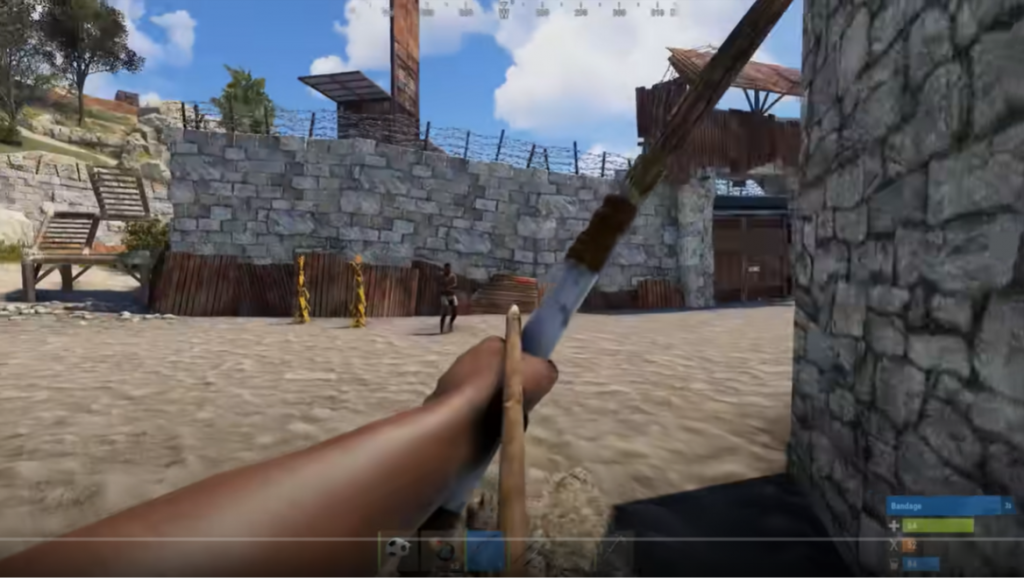
One must understand, the game was already a virtual breeding ground for a hostile environment, where backstabbing and killing other player-characters for loot are the norm. So when a rival player upped his/her challenge by bringing Wilson’s personal information into the fray, all he thought of at the time was to defend himself.
So Wilson reported the doxxer’s online username to the game developer. But to Wilson’s dismay, the developer saw no reason to ban or penalise the doxxer, which as Wilson found out, is not that serious an issue to them: “The game developers don’t care unless it’s some incident like hacking.”
After three weeks, the situation died down and Wilson tried his best to forget about the incident. He learned that it was incredibly easy for anyone to access personal data online and it pays to be extra careful with the information he divulged online, especially his social media accounts.
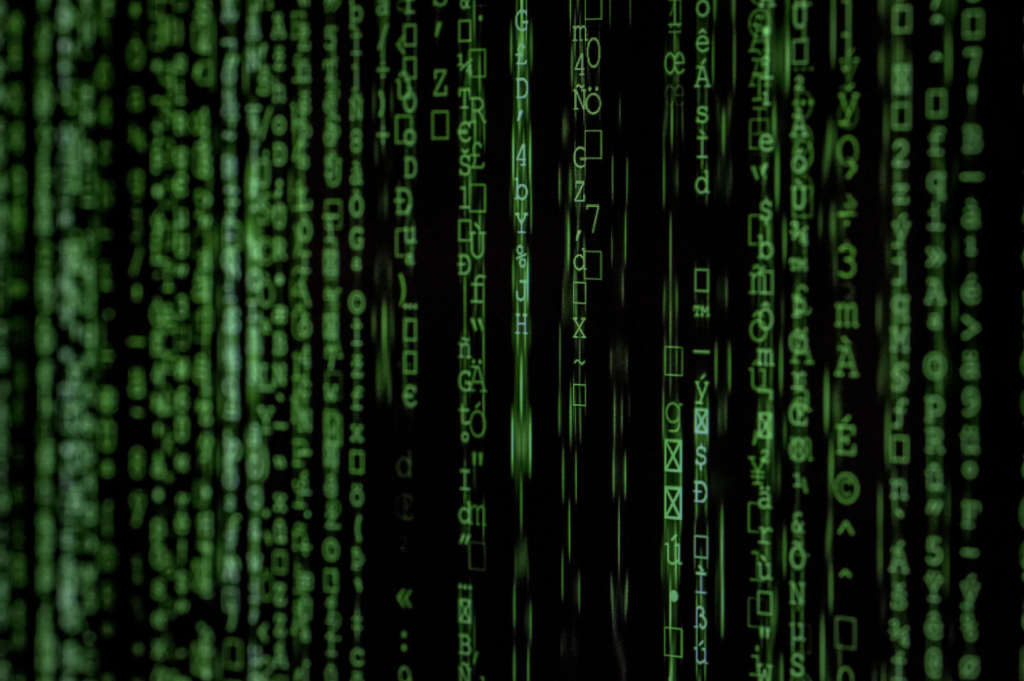
Wilson agreed that the experience of being doxxed has changed his mindset.
“In the games I play now, I’ll try not to get into heated debates unnecessarily. I know I can be quite antagonistic and defensive during chat sessions, like having a very strong urge to respond, even when I don’t need to.”
He’s started thinking his words through before speaking or typing them out. If he sees something distasteful, he stops himself from swearing or cursing at the other player: “I try not to respond.”
Beyond the virtual world, the experience has taught him to be mindful of his actions in real life. He realises that sometimes, his words can be hurtful. He takes a step back when he gets emotional.
In essence, being doxxed has taught him the importance of thinking before he acts online.
Wilson’s case of doxxing may seem mild but there have been many other cases where doxxing has hurt other strangers or bystanders, out of no fault of theirs.
Remember that viral video of the lady using the word “sovereign” from Shunfu Mart during the circuit breaker period? A few over-eager keyboard warriors made the mistake of pinpointing the lady as someone named Tuhina Singh, when it wasn’t her in the first place.
Out of nowhere, Tuhina Singh’s personal details and photos were posted online and she became the target of online vigilante groups. I can imagine the amount of anxiety and stress that has brought her, her family and friends.
Then we have situations where jilted lovers or wronged friends post personal information about their unsuspecting partners on social media as a way to get back at them. The circumstances may sound different, but every doxxing incident is a reflection of the doxxer’s inability to understand what doing so would entail, not just to the ones being doxxed, but to themselves and others.
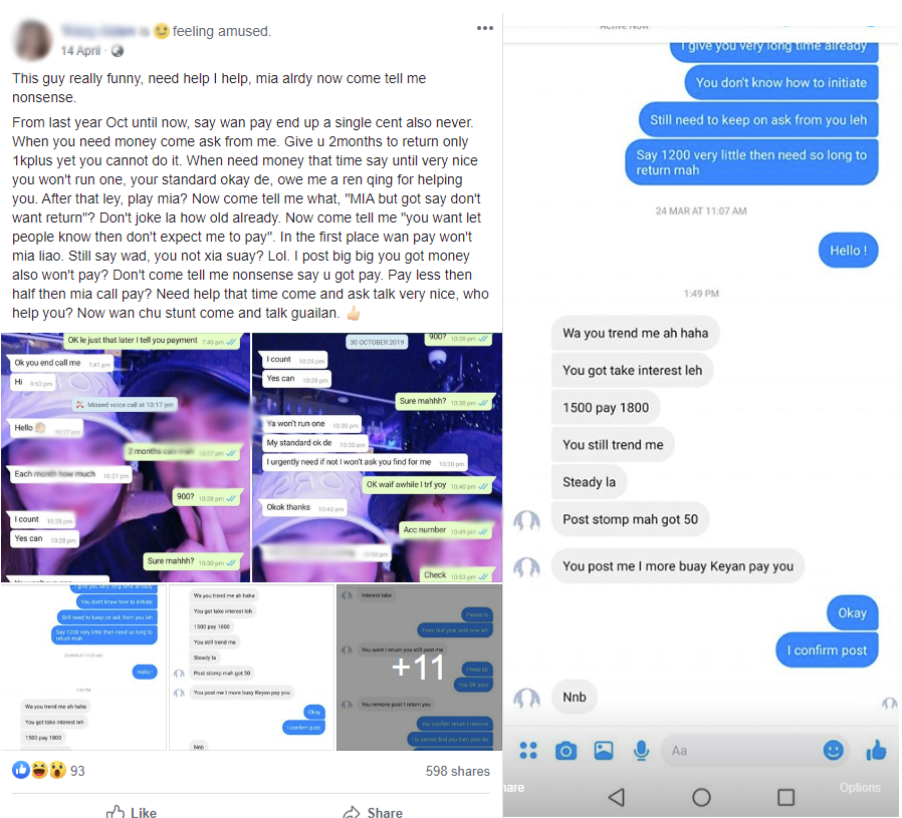
Despite laws stating it’s punishable and illegal, acts of doxxing are still happening. We also know it can happen anywhere and to anyone.
So as online users, what part can we play to prevent incidents like these from happening? If you know a friend who’s about to dox someone, what role would you play? Do you encourage just because he or she is a friend? Or advise your friend on what it would entail?
According to Professor Goh Yihan, Dean from the School of Law at the Singapore Management University, Internet users should “post responsibly with empathy”. He was sharing his thoughts on proposed changes to POHA before it was passed into law, where their aim is to ensure, “among others, that the wide reach of social media is not wrongly used to cause harassment or alarm to anyone in particular.”
He’s right. Empathy is something we all need, even more so when we’re online. If you and I can look beyond ourselves and understand the effect of our actions (even if it means stopping a friend from doxxing someone online), we’re already one step closer towards promoting an empathetic society on the Internet.
If we’re able to be cordial and civil in real life with others, why can’t we project that same virtue online, anonymised or otherwise?
As Internet users, we need to be vigilant and educate ourselves on what’s been going on. It’s virtually easy for anyone to obtain our personal information, using packet sniffing tools and trawling file metadata. When we register our presence on third-party websites using our Facebook or Google log-in accounts, we might be giving away private and personal details: our location, job, even phone numbers.
And, yet, when we find spam messages in our inboxes or phone SMSes, we are puzzled as to how these spammers got hold of our numbers. Which is why keeping ourselves abreast of online usage trends helps us become much more digitally literate. Once we’re assured that we’ve done what we can to protect our privacy and keep our data safe, we can enjoy our Internet activity without fear or anxiety.
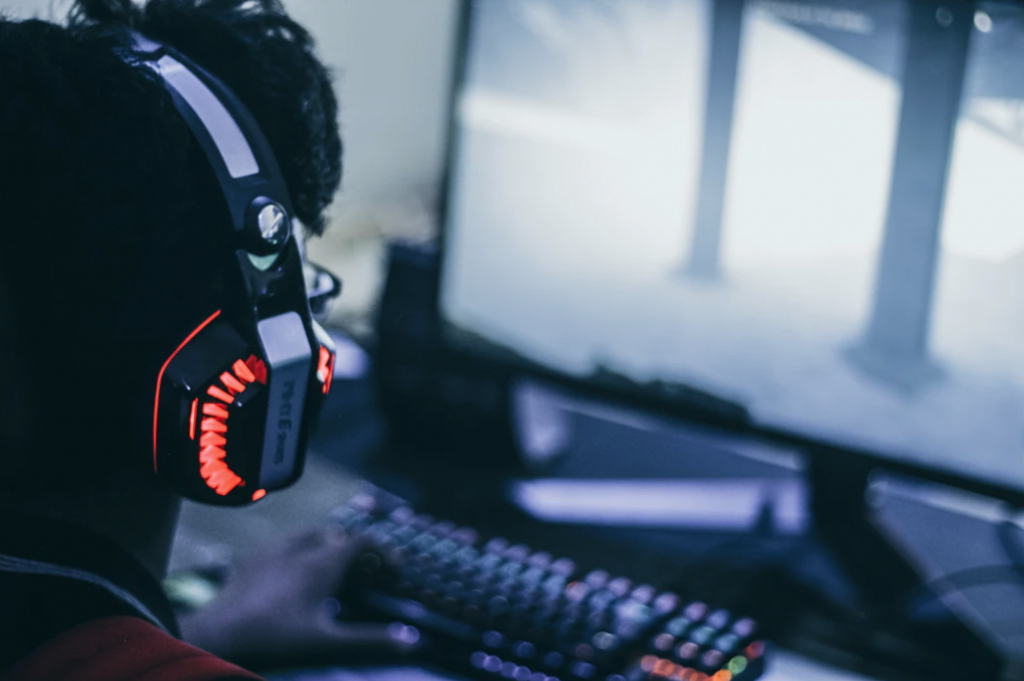
Once the doxxing happens, it just fuels more antagonism and compromises on our privacy. In the end, both the doxxer and doxxed suffer. On one end, the doxxer faces the possibility of a punishment with a fine and jail-time, and on the other, the doxxed loses his/her reputation and his family/loved ones suffer embarrassment from online harassment.
So it’s important that we educate ourselves and empathise with others whenever we post something online. It would make for a much kinder and friendlier Internet.

